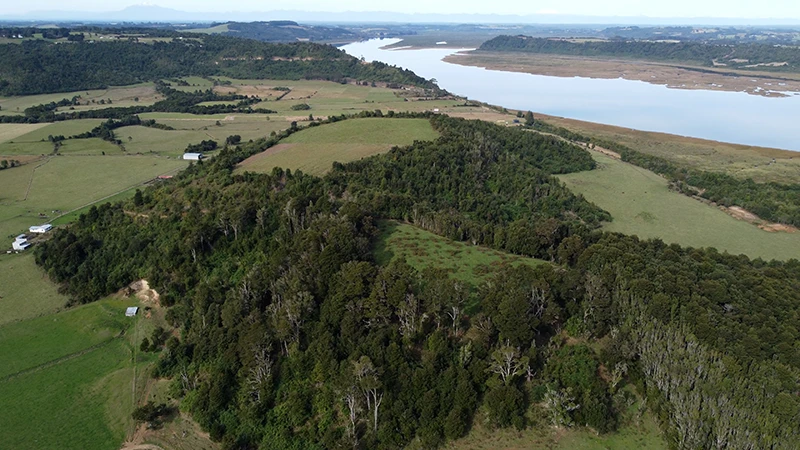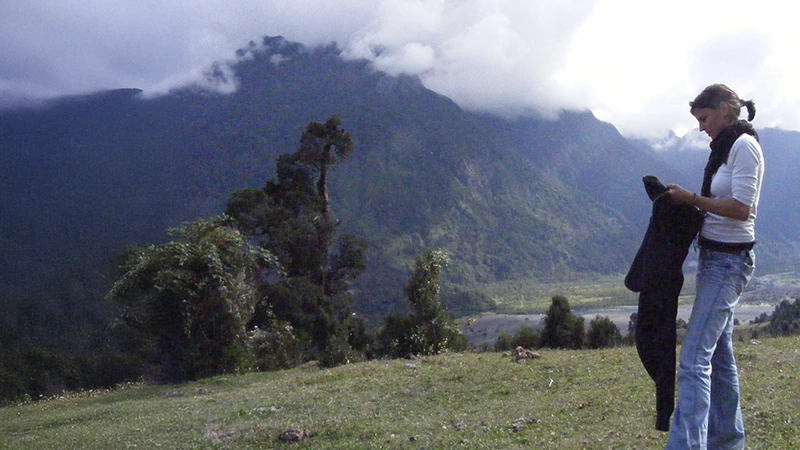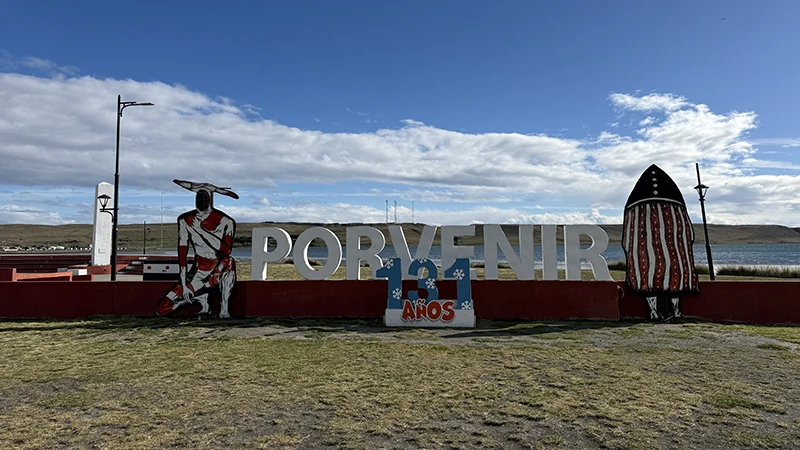Buying farmland or a plot in southern Chile involves a thorough legal process. First, you need to find land that meets your requirements for location, size, and services. It’s essential to ensure the property is duly registered with the Real Estate Registrar (Conservador de Bienes Raíces) and has its own fiscal assessment number. Ask the seller for the current ownership certificate, which confirms that the property is legally registered in their name. Also, make sure the land has no mortgages, liens, or sales restrictions by requesting the respective certificates from the Registrar.
On-site Inspection of the Land
Once you’ve chosen a field or plot, it’s vital to physically inspect it. During your visit, carefully check access roads, rights of way, availability of water and electricity, and the condition of any buildings. In rural Chile, it’s common for buildings to lack final municipal approval or formal utility connections. While this isn’t a legal barrier to purchase, it should be considered when assessing the property’s usability and development potential. Also, verify that the boundaries and surface area match the ownership certificate, the registered map, and the fiscal assessment. Check for crops, native forests, or other agricultural features that may require special permits. This analysis helps ensure the land meets your expectations and is free of hidden issues.
Offer and Purchase Agreement
If after inspection you’re interested in buying, submit a written offer (reservation or offer letter) to the seller, stating your proposed price and conditions. If both parties agree, the next step is to sign a promise of sale. Ideally, this preliminary contract is signed before a notary to reserve the property. It should outline key terms like the final price, down payment or financing, deadlines for signing the final deed, and penalties for breach. For example:
-
Price and payment terms: total amount, down payment, and whether a mortgage will be used.
-
Deadlines: final date to sign the public deed.
-
Guarantees and penalties: it’s common to leave checks in notarial custody (from both parties) as guarantees, with clear penalty instructions if either party backs out without cause.
This step gives you security, taking the property off the market while you gather documents. Typically, each party pays 50% of the notary costs for the promise (~1.5–2 UF each).
Title Review
Once the promise is signed, your lawyer or representative begins the title study. This involves reviewing all legal documents (usually going back 10 years) to ensure the seller can legally transfer the land without hidden burdens. Key documents are obtained from the Registrar (ownership certificate, mortgages, liens, prohibitions, past deeds, etc.) and other bodies (SII property appraisal certificate, tax payments, CONADI, SERNAGEOMIN, etc.). For rural land, special attention is given to SAG subdivision approval (plan registered with Registrar) and water rights or easements.
The title review ensures there won’t be legal surprises (seizures, debts, frauds) when signing. The cost typically ranges from 4 to 6 UF (approx. CLP $160,000–240,000), though it may increase with the property’s complexity. Usually, the buyer covers this cost, since it’s for their legal assurance.
Public Deed and Registration
After the title review, the sale deed is signed. At the notary’s office (either the same or another agreed upon), buyer and seller sign the final public deed—this is the definitive sales contract. It details the sale price, legal description of the land, and both parties’ identities. Once signed, the notary sends an electronic copy to the Real Estate Registrar.
The Registrar records the sale in the property registry. This usually takes about five business days, though it may take up to a month. Once registered, the buyer is legally recognized as the owner. Finally, the buyer receives the ownership title and takes physical possession of the land (keys, if applicable). From this point, the purchase is legally completed.
Associated Costs
Plan for the following typical operational costs:
-
Title study: approx. 4–6 UF, possibly more depending on the land’s complexity.
-
Notary fees (promise and deed): for the promise, around 1.5–2 UF per party (split between buyer and seller). For the final deed, notary fees are about 3–5 UF, though they vary by notary and land value.
-
Registrar fees: 0.2% of the purchase price (with a cap around CLP $264,200). Paid by the buyer when registering the deed.
-
Other expenses: if using a mortgage, there’s a stamp tax of 0.8% on the loan amount. Also consider legal fees and, if applicable, real estate agent commission (typically 2%–3% + VAT of the sale price, separately agreed).
These figures are approximate and may vary by municipality and negotiation terms. It’s advisable to factor them into your initial budget.
Summary
The process involves finding the ideal land, inspecting it, making a formal offer, signing a notarized promise, conducting a title review, and finally signing and registering the public deed. Each step involves collecting documents (Registrar certificates, SII forms, SAG permits, etc.) and covering certain administrative costs. With proper legal advice, you can ensure a transparent and secure land purchase in southern Chile.
Buying rural land in southern Chile blends legal, technical, and practical elements. Knowing the steps and associated costs is key to making informed decisions and avoiding future issues. Companies like Produncan Lands can assist throughout the process, offering guidance and management at each stage to make your investment safe and smooth.


